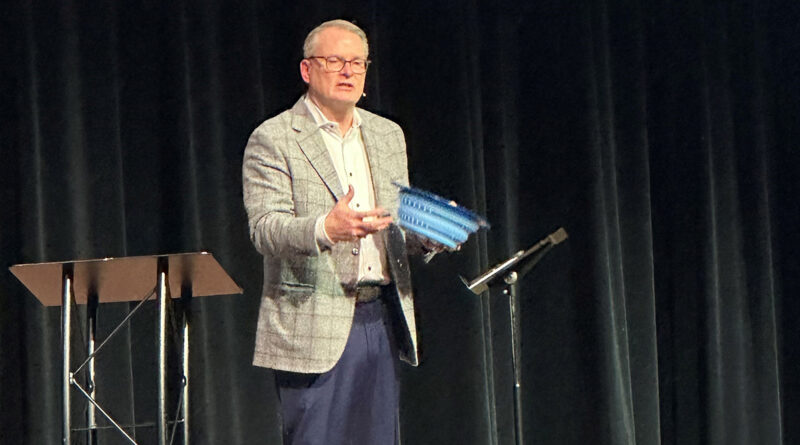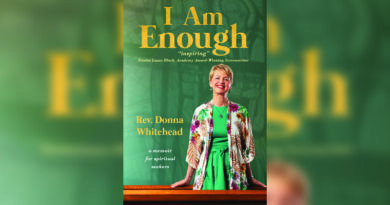SMU Perkins’ Grad Adam Hamilton Tackles Doubt, Faith, Hope
When Paul Rasmussen began pursuing his Master of Divinity in 2000, a pastor who graduated a dozen years earlier already had legendary status at SMU’s Perkins School of Theology.
“There was always this guy out in front of us named Adam Hamilton who we looked to for everything I did at that time,” the now Rev. Rasmussen recalled recently.
“Every time I was in his company, I learned, and I learned a whole lot,” Rasmussen said. “He was what we aspired to be back in the day in seminary.”
After graduating from Perkins, Hamilton returned to the Kansas City area to start a church for the non-religious or nominally religious.
Founded in 1990, the Church of the Resurrection in Leawood, Kansas, now has five locations and is the largest United Methodist church in the United States.
Rasmussen also leads one of the denomination’s most prominent congregations, the historic Highland Park United Church.
But differences between the two pastors go beyond age and geography, a fact mentioned when Hamilton visited the Park Cities in late January to speak and sign copies of his latest book, Wrestling with Doubt, Finding Faith.
“This is the 37th book that he has written, which means he has written 37 more than I have,” Rasmussen said, introducing Hamilton to the several hundred members and guests who turned out on a Tuesday night at HPUMC.
“I want to begin by recognizing that doubt is not the enemy of faith – that the doubt is normal,” Hamilton said. “In fact, I wish some Christians would doubt a little bit more.”
He said some Christians seem too gullible, too ready to believe unhealthy versions of the faith.
“Whatever their preacher said, they believe it without asking questions,” Hamilton said. “You’re not meant to check your brain at the door of the church. God gave you that as a gift.”
The pastor said the trouble with doubting comes when people walk away from faith without searching for answers to their questions, answers that could prove helpful.
He noted that when Church of the Resurrection started, about 50% of Americans didn’t go to church. It’s 62% now, with many of those identifying as spiritual but unsure what to think about God, he added.
“A lot of folks’ doubts come from the fact that they’ve known Christians and churches that didn’t reflect the love of Christ very well,” Hamilton said. “I want to invite us to be the kinds of churches where the outcasts feel like they’re welcomed and loved. And when we do that, I think we have a future with hope.”









